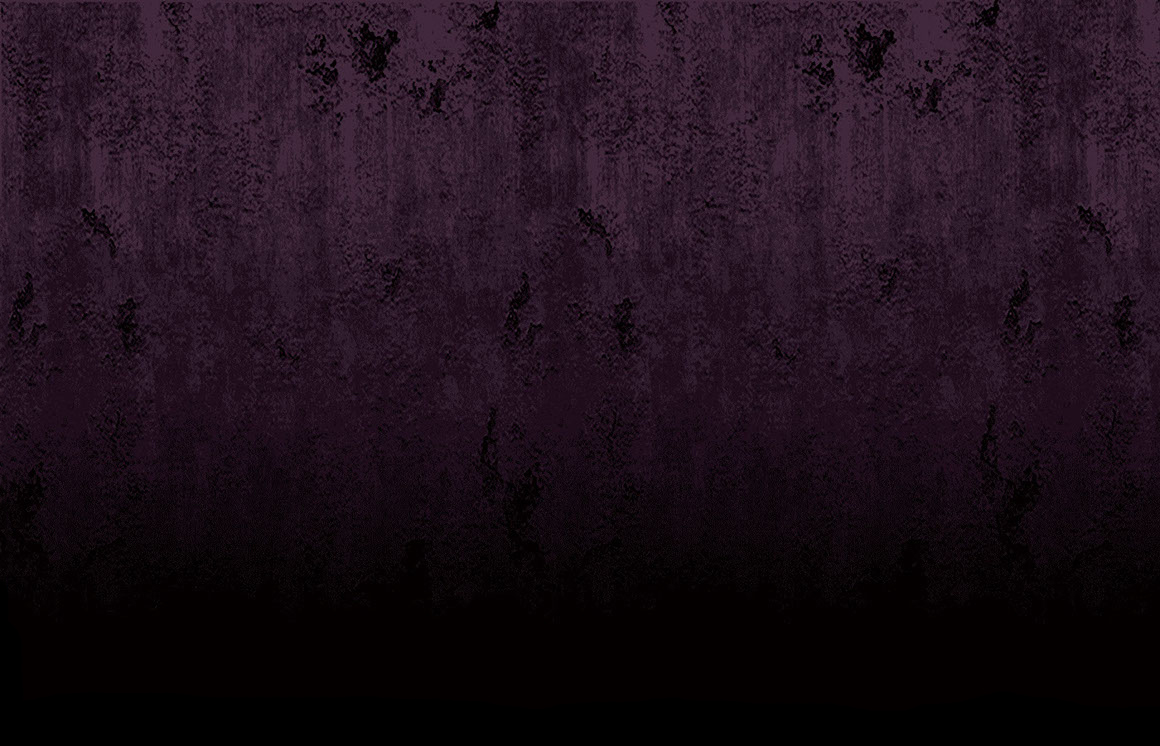

babbling brooks
things about stuff

Songs of Joy and Destitution
Backstage
By Laura Weinert | Posted Jan. 15, 2003, midnight
This is an explosive piece of work--brash, risk-taking, saturated with innovation, angrily political, and not without irony or large dance numbers. Playwright Charles Mee is an expert collage maker, cutting and shifting his own texts and those of others at will, as a kind of postmodern game that nonetheless successfully carries quite a bit of moral cargo. Here we have Euripides' The Trojan Women "set in an Iraq hollowed by our upcoming bombing campaign" and, in the second half, Orestes, set in imagined, wholly depraved United States. Brutality is the theme, looked at from just about every angle one could imagine.
In the first half of this world premiere, The Trojan Women is refashioned into a tightly woven collage of musical numbers, character portraits, satire, fantasy, political commentary. We are in a kind of frozen moment following an attack on Iraq: The men have been killed and the women raped and left to mourn before they are given over to soldiers as slaves. Staged around us while we sit on buckets scattered throughout the room, the play immerses us in violence, grief, and beauty as the women offer moving, fragmented testimonies about the war.
Memorable performances abound. Arizona Brooks is an impassioned, grief-stricken Hecuba, who must offer up her daughter's life to the victors. Alison Tatlock memorably paints Andromache as a hilariously absurd, upper-crust wife. David Castellani is brilliant as Talthybius, a liaison for the Greeks (read: Americans), a kind of old-school imperialist who grows nostalgic for his favorite Gilbert & Sullivan song and Princeton sweater.
reviews
Nips and tucks could be made, but the quality of acting and images make up for a large bit of feminist windiness toward the end of the act and a somewhat inexplicable rap lip-sync during which Menelaus (Indrajit Sarkar) confronts Helen (Heather Fox) after his return from the war with a song by Mack 10.
Director Matthew Wilder shapes memorable moments, balances scenes, and creates beautiful images, powerfully lit by Brian Lilienthal's roving spots or lit-up buckets scattered across the floor. John Ballinger directs a tight chorus of full-bodied alto voices through well-chosen songs that range from songwriters Aimee Mann and Rufus Wainwright to standards like "All the Way." Ken Roht's choreography creates a kind of movement of the oppressed that is both zombie-like and beautiful, depending on the mood.
Then the second half. When we return from intermission, the theatre is transformed into a house of horrors, a series of small rooms that function like mini-theatres, installations in which we get close-range glimpses of the brutality of Electra and Orestes. The concept itself is brilliant: Split the audience into small groups that travel the nine rooms. Yet the content of each scene is much less sophisticated and less interesting than the concept itself. Scenes are unfortunately limited to broad, abrasive, one-note caricatures--screaming degenerates covered in blood (kudos to warped sets by Donna Marquet and freakish makeup by Monique Hahn) abusing each other, mutilating themselves, or engaging in sex-related acts. Consequently the house-of-horrors idea functions much more as a titillating gimmick than a resonant theatrical device.
Meant to provide a "doctor's prognosis" on the mental state of the country, this version of Orestes paints us as murderous, incestuous, porn-crazed freaks. I suppose there is some truth somewhere in there about the fundamental baseness of man. But more interesting, perhaps, is not that the majority of those who stand by and allow brutal oppression to take place are a bunch of extreme, fucked-up, sick-o demons, but that most of us aren't.
© 2016 arizona brooks creations, llc